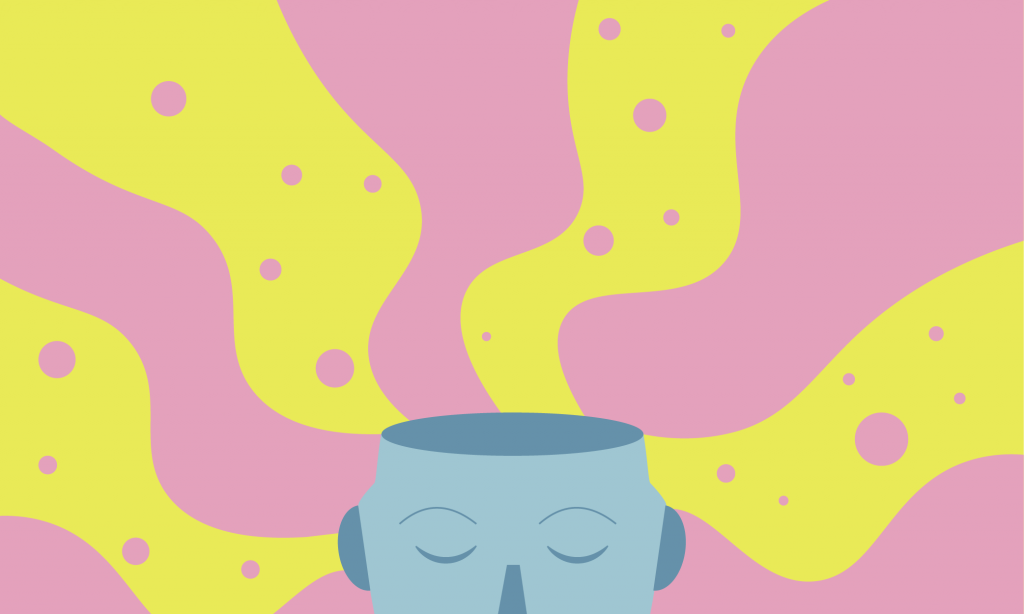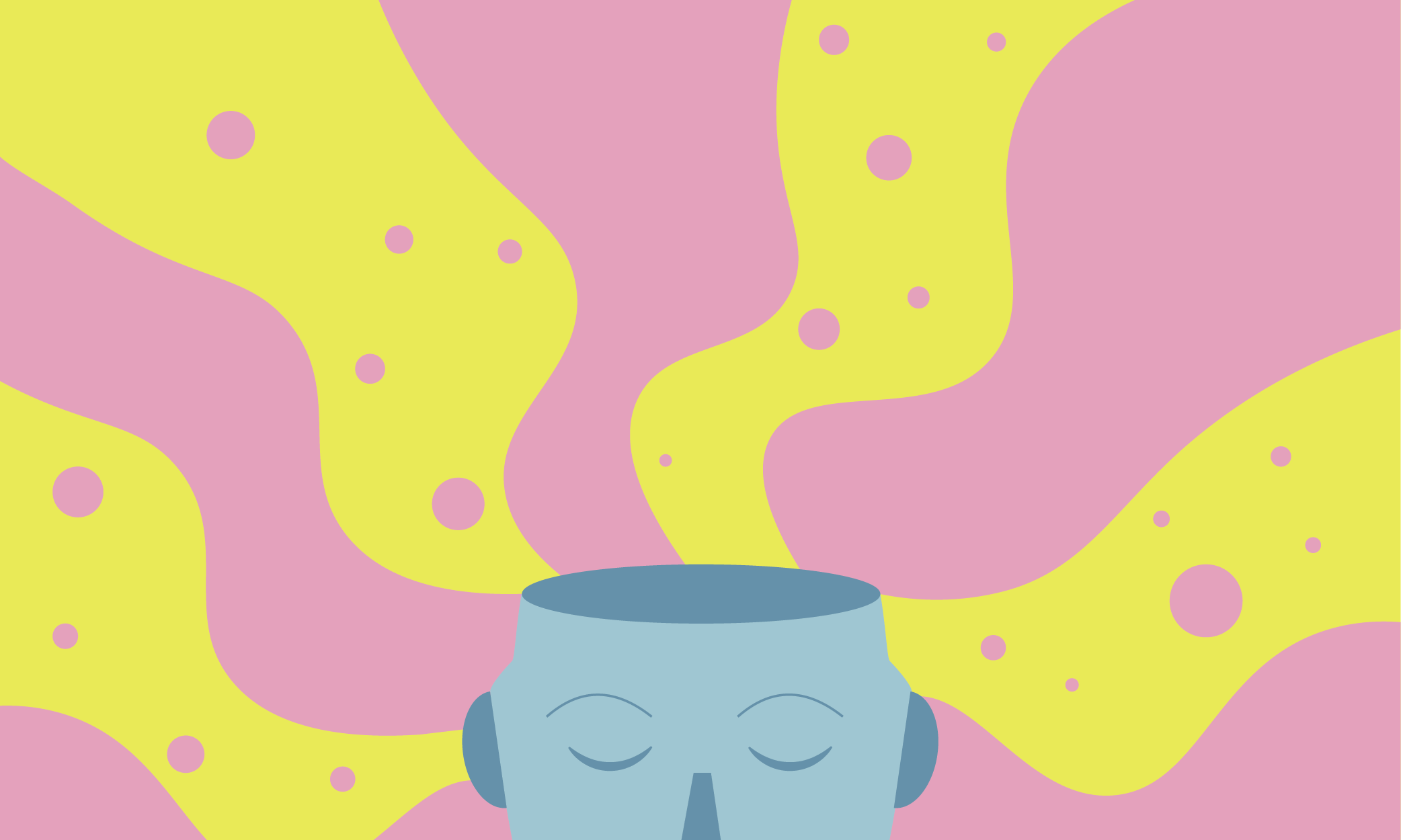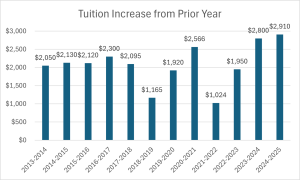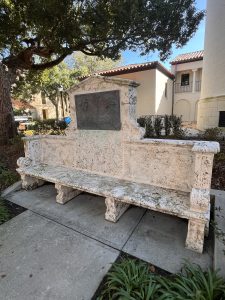
The pandemic has intensified feelings of loneliness among college students this year, escalating their existing feelings of alienation.
A well-researched perpetrator of alienation in young adults is social media. In a HuffPost article, Dr. Anne Marie Albano, director of the Columbia University Clinic For Anxiety and Related Disorders, said that social media acts as a “counterfeit reality” for students who are unable to cope with their circumstances.
COVID-19 has particularly enhanced those feelings of isolation, said Dr. Connie Briscoe, director of the Wellness Center. She said that COVID-19 has complicated students’ internalized perceptions of normalcy, especially when comparing previous years at Rollins.
Studies have shown a clear trend of young people struggling with loneliness. According to The Harvard Gazette, 61 percent of surveyed people aged 18 to 25 reported high levels of loneliness during the pandemic. Surveyed young people reported feeling like “they’re reaching out or listening to other people more than other people are reaching out or listening to them.”
In another survey by Active Minds, 76 percent of surveyed college and high school students reported experiencing increased loneliness and isolation during the pandemic.
Briscoe said that 19 months of COVID-19 safety protocols – social distancing, primarily virtual classes, and restrictions on the amount of people permitted in the same space – have resulted in concerns for student mental health.
“Last year made me feel lonely,” said music major Veronica Prevost (‘24). “Single occupancy as a first-year was not the best, despite it helping with taking personal time for myself. I felt like I never had anyone permanently around.”
As previously reported by The Sandspur, the Wellness Center adapted its old strategies last year and created new ones in order to reach more students during the pandemic and serve a wider variety of mental health issues.
Briscoe said that it is important for students to take initiative and reach out to peers, be sensitive to energy changes in their friends, contact resources around campus when in need, and take steps to join student organizations and connect with more people.
Micki Meyer, Lord Family Assistant vice president for Student Affairs & Community, said students should look out for the Tars Together emails sent every Monday, which announce events like Community Common Hour on Mills Lawn, Block Parties, and other on-campus opportunities.
Similarly, Alexandra Woods, assistant director from the Center for Inclusion and Community Involvement (CICI), said that the Get Involved website is a great way to learn about and RSVP for events on campus.
Taking care of yourself during changing and unpredictable times is of utmost importance. Creating a daily routine, interacting with family and friends, and conducting regular mental health check-ins can be life-saving strategies, in addition to taking advantage of safe, in-person opportunities.
“Interacting in in-person classes and with my roommates have helped me feel a lot better this year,” said Prevost. “I hope other students are feeling the same.”
The following are helpful resources for students to cope with their mental health concerns, whether related to COVID-19 or not.
| CONFIDENTIAL | NON-CONFIDENTIAL |
| The Wellness Center407-628-6340 | Student & Family Care407-646-2345 |
| Katrina Jenkins – Dean of Religious & Spiritual Life407-646-2440 | CAPS (Counseling and Psychological Services) 407-628-6340 |
| Self-help therapy on www.welltrack.com and the mobile app | Office of Residential Life & Explorations407-646-2649 |











Comments are closed.